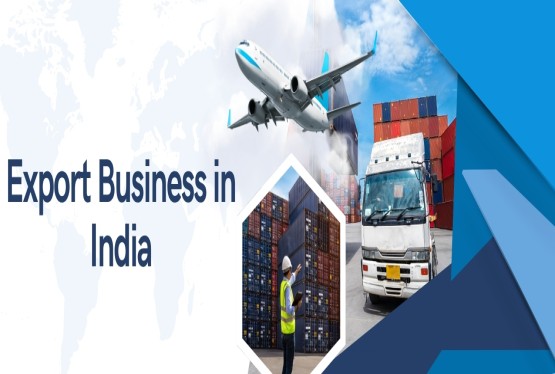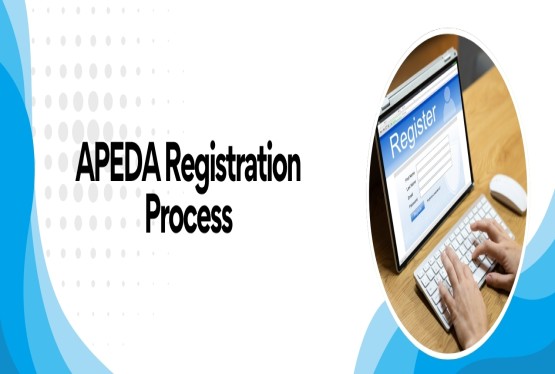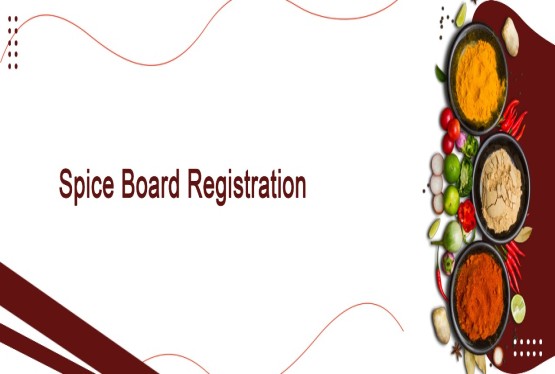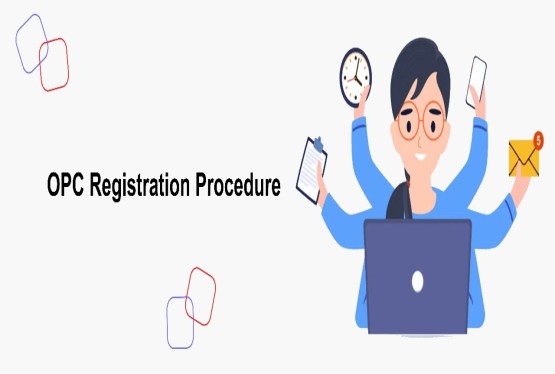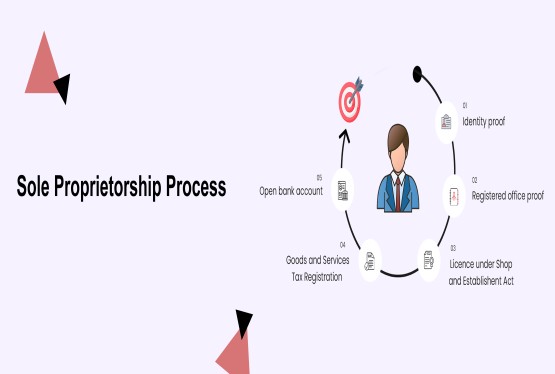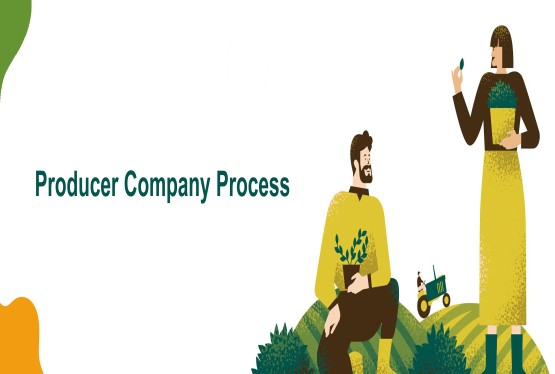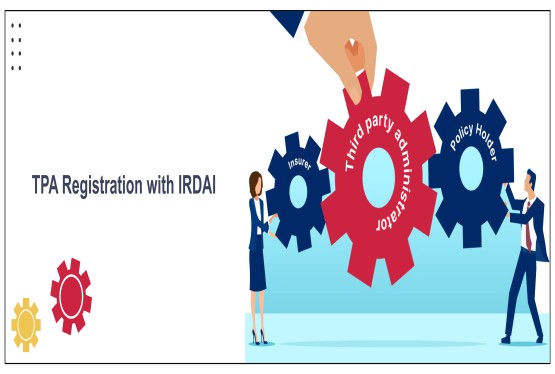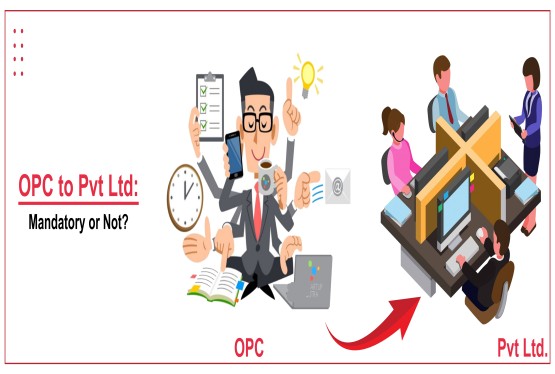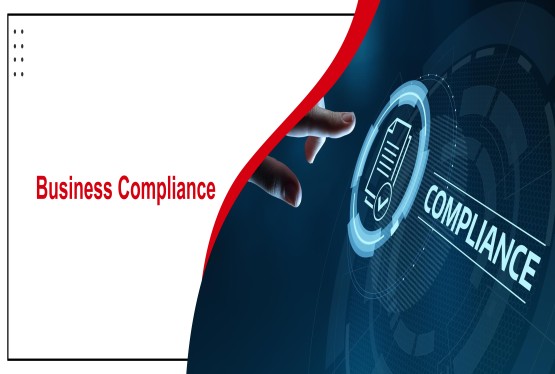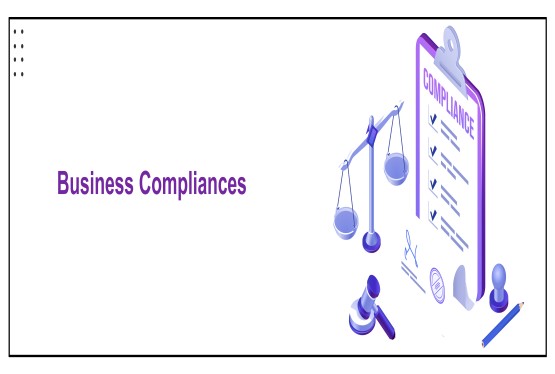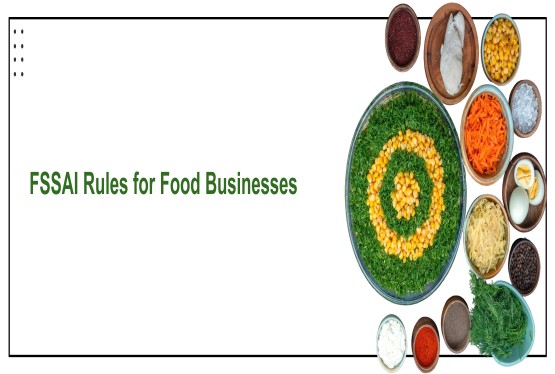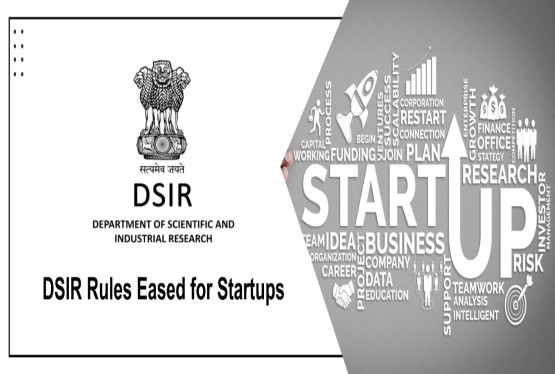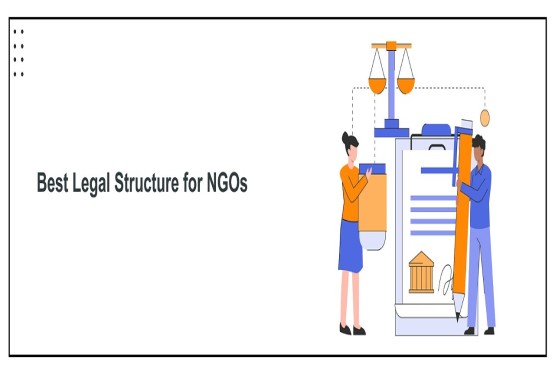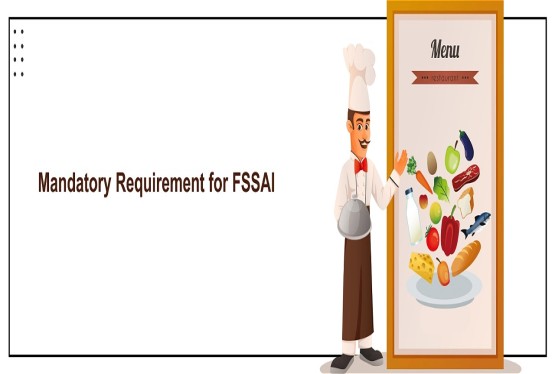Starting a food business in India is more than just a trend it’s a smart and timely investment. With the Indian food market projected to generate over USD 905 billion in 2023 and grow at 8.40% annually, the industry offers unmatched potential. Whether you’re opening a café, launching a packaged food brand, or delivering meals online, the demand is vast and growing. However, the first and most important step is obtaining an FSSAI food license, which is mandatory for any entity dealing with food products whether online or offline. This ensures that food safety, hygiene, and quality standards are met at all levels. In recent times, regulatory scrutiny has intensified, with major platforms being asked to delist vendors operating without valid licenses. As more consumers shift to online food ordering, especially with the food-tech sector expected to reach $2.5 billion, the need for compliance has never been greater. India’s rich culinary diversity and evolving consumer habits make it the ideal place to start a food venture if you’re ready to follow the rules and meet the standards.
Benefits of Starting a Food Business in India
India presents one of the most promising landscapes for starting a food business, driven by its massive population, deep-rooted culinary heritage, growing middle class, and an increasingly digital economy. Whether you're an aspiring home chef, a seasoned restaurateur, or a food-tech innovator, the Indian market offers a vibrant ecosystem to thrive in. Below is an in-depth exploration of the key benefits that make India an attractive destination for launching a food venture:
A Vast and Dynamic Consumer Market
India is home to over 1.3 billion people, making it one of the largest and fastest-growing consumer markets globally. With rising urbanization, increasing disposable incomes, and a young, aspirational population, the demand for quality food both traditional and modern is on the rise. Consumers today are open to experimenting with cuisines, ingredients, and dining experiences, creating a fertile environment for food businesses to introduce innovative products and services. This wide and evolving customer base allows businesses to scale rapidly once they establish a market fit.
Unmatched Cultural and Culinary Diversity
India's cultural mosaic is mirrored in its cuisine. Every region boasts distinct food preferences, ingredients, spices, and cooking styles. This diversity offers entrepreneurs a wealth of inspiration to craft unique offerings that cater to specific tastes or blend multiple culinary traditions into fusion formats. Whether it’s introducing North-Eastern flavors to a metropolitan audience or revamping street food for fine dining, the potential for culinary innovation is immense. Furthermore, India’s growing health-conscious and vegan markets add even more niche opportunities to tap into.
Government Support and Regulatory Facilitation
Over the years, the Indian government has taken several steps to simplify the process of starting and operating a food business. Initiatives such as Startup India, Pradhan Mantri Mudra Yojana (PMMY), PM Formalisation of Micro Food Processing Enterprises (PM-FME), and FSSAI's single-window licensing portal have made compliance, funding, and training more accessible. Subsidies, tax benefits, and schemes aimed at small and medium food enterprises encourage formalization and scaling of food ventures. Moreover, the “Make in India” campaign further incentivizes local food manufacturing and processing.
Rapid Growth of Online and Offline Sales Channels
The evolution of India’s food retail landscape has been phenomenal. Online food delivery platforms such as Swiggy, Zomato, Blinkit, have enabled even small businesses to reach customers across cities without heavy investments in physical infrastructure. Simultaneously, the traditional model of food businesses such as restaurants, cafés, food trucks, and home kitchens continues to flourish with increased consumer footfall, particularly in urban centers and tier-2 cities. Entrepreneurs can also explore hybrid models, leveraging both digital and physical channels to maximize reach and profitability.
Low Entry Barriers and High Growth Potential
Compared to many other sectors, the food industry offers relatively low barriers to entry. With a minimal initial investment, businesses can start from home kitchens, cloud kitchens, or kiosks and gradually scale based on market feedback and demand. Moreover, food is a necessity with emotional and cultural significance in India, making it one of the most resilient and consistent sectors, even during economic downturns. The ability to innovate quickly and adapt to trends like plant-based eating, organic foods, and functional beverages further increases the growth potential.
License Procedure to Start a Food Business in India
Any person intending to commence a food-related business activity in India whether in the form of a restaurant, food truck, cloud kitchen, catering service, or packaged food manufacturing and distribution is mandatorily required to obtain a license or registration from the Food Safety and Standards Authority of India (FSSAI), as prescribed under the provisions of the Food Safety and Standards Act, 2006 and the regulations framed thereunder.
Need of FSSAI Licence
The requirement to obtain a license from the Food Safety and Standards Authority of India (FSSAI) has been instituted under the Food Safety and Standards Act, 2006, with the objective of ensuring uniformity in food quality standards, preventing the adulteration and contamination of food products, safeguarding consumer health, and mandating hygienic practices across the food supply chain. The license serves as a statutory instrument to enforce accountability among Food Business Operators (FBOs) and to uphold public health and safety. Operating a food business without a valid FSSAI license constitutes a violation of the Act and exposes the business to significant legal consequences, including but not limited to, delisting from food aggregator and e-commerce platforms, monetary penalties, and imprisonment, as stipulated under Section 31 of the said Act.
Learn more about FSSAI Mandates Scrutiny of Annual Returns Filed by FBOs.
Classification of FSSAI Licenses Under the Food Safety Regulatory Framework
In accordance with the Food Safety and Standards Act, 2006 and the rules framed thereunder, the Food Safety and Standards Authority of India (FSSAI) mandates that all Food Business Operators (FBOs) must obtain an appropriate license or registration prior to commencing operations. The classification of FSSAI licenses is primarily based on the scale, nature, and annual turnover of the food business. The three primary categories are detailed as follows:
Basic FSSAI Registration
The FSSAI Registration is applicable to small-scale food business operators whose annual turnover does not exceed Rs.12 lakhs. This category typically includes individuals and entities engaged in petty food manufacturing, home-based kitchens, roadside vendors, hawkers, and small-scale food retailers. The registration process under this category is relatively straightforward and may be completed through the designated online platform provided by the FSSAI at https://foscos.fssai.gov.in. It is important to note that such registration may be subject to upgradation if the business scales beyond the prescribed financial threshold.
FSSAI State License
Food business operators whose annual turnover falls between Rs.12 lakhs and Rs.20 crores are required to obtain an FSSAI State License. This category generally encompasses medium-sized enterprises such as regional food processors, warehouses, storage units, transporters, distributors, and food chains operating exclusively within the territorial limits of a single state. The application for a State License must be submitted along with the requisite documentation and fee to the respective State Licensing Authority, and compliance with all operational and hygiene standards prescribed under the Act is mandatory.
FSSAI Central License
Entities engaged in large-scale food operations, having an annual turnover exceeding Rs.20 crores, are obligated to obtain a FSSAI Central License. Additionally, this category is mandatorily applicable irrespective of turnover to food businesses involved in import or export of food products, or those operating in more than one state. Central Licenses are issued directly by the FSSAI Central Authority and require a more detailed compliance framework, including submission of product-specific information, inter-state distribution details, and adherence to national food safety standards. Businesses falling within this category are subject to greater scrutiny and may also be subject to periodic inspections by the Central Licensing Authority.
Step-by-Step Procedure for Obtaining an FSSAI License
The process of obtaining an FSSAI license is regulated by the Food Safety and Standards Authority of India and must be followed meticulously by all food business operators (FBOs) intending to start or continue operations in India. Below is a comprehensive breakdown of the procedural steps involved in securing the appropriate license:
Step 1: Identification of the Appropriate License Category
The first and most critical step is to determine the correct category of license applicable to your food business. This classification depends primarily on the projected annual turnover and the scale of business operations. Food business operators must assess whether they fall under the Basic Registration (for turnover up to Rs.12 lakhs), the State License (for turnover between Rs.12 lakhs and Rs.20 crores), or the Central License (for turnover above Rs.20 crores, or businesses engaged in inter-state or international trade).
Step 2: Creation of a User Account on the FoSCoS Portal
Once the appropriate license category is identified, the applicant must visit the official FSSAI online licensing platform, the Food Safety Compliance System (FoSCoS), available at https://foscos.fssai.gov.in. On this portal, the applicant is required to register as a Food Business Operator (FBO) by creating a user account. This portal serves as the centralized system for submission and tracking of all licensing applications.
Step 3: Submission of the Online Application Form
Following registration, the applicant must proceed to complete the designated application form. For those applying under the Basic Registration category, Form-A is to be submitted. Conversely, Form-B is applicable for those seeking a State or Central License. The forms require comprehensive business details, including personal particulars of the proprietor or partners, nature of food business activity, and operational specifics.
Step 4: Uploading of Required Documents
Applicants are then required to upload a prescribed set of documents in accordance with the license type. These commonly include: proof of business premises (such as a rent agreement or utility bill), identity and address proof of the responsible person(s), a documented food safety management system plan, list of food products to be manufactured or handled, certificate of incorporation or partnership deed (where applicable), a no-objection certificate from the local municipal authority, and an Import Export Code (IEC) certificate if the business involves cross-border transactions. All documents must be legible and in the prescribed formats.
Step 5: Payment of Statutory Fees
The next step involves payment of the applicable fee, which varies depending on the nature and category of the license and the number of years for which the license is sought (typically between one to five years). The payment is processed through the FoSCoS portal and generates a reference number for further tracking.
Step 6: Premises Inspection
For certain categories of licenses, particularly those involving large-scale or sensitive operations, the FSSAI or its designated authority may conduct a physical inspection of the business premises. This is to verify compliance with hygiene standards, equipment specifications, and food safety protocols. The inspection report forms a part of the license approval process.
Step 7: Issuance of the 14-Digit FSSAI License Number
Upon successful verification and approval of the application, the FSSAI issues a 14-digit registration or license number. This number is to be mandatorily displayed at the place of business and must also be printed on all food labels and packaging materials, in compliance with labeling regulations. Possession of this number signifies that the food business is officially recognized and compliant with statutory food safety norms.
Steps to Starting a Food Business in India
Starting a food business in India requires careful legal, structural, and strategic planning to ensure compliance and long-term viability. The following steps outline the essential legal and procedural aspects to consider when launching a food-related enterprise in India:
Develop a Legally Viable Business Plan
The first and most crucial step is to create a complete business plan tailored to the Indian food industry. This plan should include an analysis of the target market, emerging trends, consumer preferences, competition, and pricing strategies. Legal advisors should ensure that all financial projections and business activities comply with Indian business laws and sector-specific regulations.
Determine Business Structure and Register the Entity
Choosing the correct legal structure is pivotal for regulatory compliance and liability protection. Entrepreneurs may select from:
-
Sole Proprietorship: Minimal compliance but offers no personal liability protection.
-
Partnership or LLP (Limited Liability Partnership): Suitable for joint ventures; LLPs provide limited liability.
-
Private Limited Company: Offers full liability protection and is best suited for raising funds and scaling operations.
Once selected, the entity must be registered under the Companies Act, 2013 or LLP Act, 2008, as applicable. This includes obtaining the Certificate of Incorporation from the Ministry of Corporate Affairs (MCA).
Secure Financial Funding Through Legal Channels
Newly established businesses must obtain adequate financial resources to support their initial operations and ensure sustainability during the early stages. Funding may be secured through various lawful channels, including traditional bank loans both secured and unsecured as well as private investments from angel investors or venture capital firms. Additionally, entrepreneurs may explore alternative avenues such as crowdfunding platforms and government-backed startup grants or financial assistance schemes specifically designed for Micro, Small, and Medium Enterprises (MSMEs). Support from friends and family is also a common practice; however, such contributions must be formalized through legally enforceable agreements to avoid future disputes. Regardless of the source, all funding arrangements must be properly documented to ensure legal clarity, enforceability, and compliance with financial regulations.
Select a Compliant Business Location
Choosing a compliant and accessible location is essential. Factors such as zoning laws, municipal permits, and local ordinances must be reviewed. Lease or property agreements should be executed in writing and stamped per the applicable state stamp laws.
Design Premises in Accordance with Regulatory Standards
The design and layout of a restaurant or food business unit must strictly conform to the applicable standards prescribed by state authorities and local municipal corporations. These standards typically encompass essential parameters such as sanitation, ventilation, spatial planning, and fire safety. It is mandatory to obtain a No Objection Certificate (NOC) from the Fire Department to ensure that the premises meet prescribed fire safety norms. Furthermore, the establishment must comply with the provisions of the National Building Code and the relevant Factory Rules, as applicable. Adhering to these regulatory requirements is important not only for securing necessary operational approvals but also for safeguarding the health and safety of both consumers and staff.
Acquire Mandatory Licenses and Registrations
Prior to initiating commercial operations, food business operators are required to obtain a series of mandatory licenses and registrations to ensure legal compliance. These include the FSSAI Registration or License, which varies depending on the entity’s annual turnover; GST Registration under the CGST Act, 2017; and registration under the Shops and Establishment Act applicable to the state. Additionally, a Trade License must be secured from the local municipal authority, and where relevant, a Pollution Control Clearance from the State Pollution Control Board (SPCB) may be necessary. For businesses utilizing water in food preparation, a Water Testing Certificate is required to demonstrate compliance with safety standards. In cases where the business is catering to Halal-sensitive consumers, obtaining Halal Certification is advisable. To safeguard brand identity, businesses should also pursue Trademark Registration. Furthermore, food businesses involved in cross-border trade must acquire an Import Export Code (IEC). It is essential that all these licenses and registrations are secured in the correct procedural sequence, and periodic renewals must be monitored diligently to maintain uninterrupted regulatory compliance.
Procure Equipment Through Legal Contracts
All equipment purchases or rentals must be covered under enforceable contracts. The agreements should specify warranty terms, delivery obligations, and liabilities for defects or delays. Equipment must meet the BIS (Bureau of Indian Standards) or equivalent food safety and electrical safety standards.
Recruit Employees in Accordance with Labor Laws
All hiring practices within a food business must adhere to the applicable labor laws and statutory requirements in India. Key legislations include the Minimum Wages Act, 1948, which mandates the payment of at least the prescribed minimum wages to all employees; the Payment of Gratuity Act, 1972, which provides for gratuity benefits upon termination or retirement; the Employees’ Provident Funds and Miscellaneous Provisions Act, 1952, which requires contributions to employee provident funds; and the Employees’ State Insurance Act, 1948, which mandates health insurance and related benefits for eligible workers. Employment contracts must be clearly drafted, outlining roles, responsibilities, remuneration, terms of termination, and statutory or voluntary benefits. Additionally, the employer must maintain all relevant registers, attendance logs, wage sheets, and other documentation in accordance with labor department guidelines to ensure transparency and compliance during inspections or audits.
Set Up a Legally Integrated POS and Billing System
The Point of Sale (POS) system must comply with Goods and Services Tax (GST) invoicing requirements, and integrate with digital payment systems, food delivery platforms, and inventory management. Ensure that customer data is protected in line with IT Act, 2000 and proposed Data Protection Bill guidelines.
Legally Define Pricing Strategy (MRP)
In setting prices for food products or services, businesses must undertake a complete assessment of various factors, including the cost of inputs such as raw materials, labor, and utilities. Additionally, prevailing market competition must be considered to ensure competitive yet sustainable pricing. It is also essential to account for the applicable Goods and Services Tax (GST) rates, as per the CGST Act, 2017, while calculating final consumer prices. Furthermore, compliance with the Legal Metrology Act, 2009 is mandatory, which requires proper declaration of Maximum Retail Price (MRP) on all packaged goods. This includes accurate labeling and display of MRP in accordance with packaging rules. Failure to adhere to these legal metrology standards can result in monetary penalties and legal action. Therefore, pricing strategies must be developed in alignment with both market dynamics and statutory mandates to ensure legality and transparency.
Market the Business Within Advertising Law Frameworks
All marketing and promotional activities, whether conducted through traditional channels or digital platforms, must strictly adhere to applicable legal frameworks. These include the Consumer Protection Act, 2019, which prohibits unfair trade practices and misleading advertisements, and the Advertising Standards Council of India (ASCI) Guidelines, which outline ethical standards for responsible advertising. For online marketing, compliance with the Information Technology (Intermediary Guidelines and Digital Media Ethics Code) Rules, 2021 is essential, particularly for content published on websites and social media platforms. Businesses must avoid making exaggerated or false claims and should ensure that all promotional offers are transparently communicated, with terms and conditions clearly mentioned. Any deviation from these norms can attract regulatory scrutiny, consumer complaints, and penalties, making legal compliance in advertising a important component of business strategy.
Establish an Online and Social Media Presence Responsibly
Establishing a digital presence is indispensable for modern food businesses; however, it must be structured in compliance with relevant legal provisions. This includes securing a domain name that does not infringe upon any existing trademark rights and is duly registered. Websites must be hosted in accordance with the Information Technology Act, 2000, and must comply with the Intermediary Guidelines and Digital Media Ethics Code Rules, particularly if the platform facilitates user interaction or e-commerce. Additionally, the website must include clearly drafted privacy policies, disclaimers, and terms of service to ensure transparency and legal accountability. Active engagement on social media platforms is encouraged for customer outreach, but such activities must uphold consumer rights and data privacy norms. Businesses must also implement a proper grievance redressal mechanism to lawfully address consumer complaints, thereby fostering trust while remaining within the bounds of the law.
Serve Food in Compliance with Quality and Safety Standards
It is imperative that all food served by the business strictly complies with the standards and safety norms prescribed under the Food Safety and Standards Act, 2006, along with the Food Safety and Standards (Packaging and Labeling) Regulations, 2011, and the Food Safety and Standards (Licensing and Registration of Food Businesses) Regulations, 2011. Adherence to these statutory provisions ensures that the food is safe for consumption and meets all quality benchmarks mandated by law. In addition to regulatory compliance, businesses must implement routine internal audits, conduct hygiene inspections, and maintain robust quality assurance protocols. Staff involved in food handling must be adequately trained in food safety practices to prevent contamination and uphold public health standards. This structured and legally compliant approach provides a complete roadmap for launching and operating a food business in India. For enhanced legal certainty and regulatory preparedness, it is advisable to consult qualified professionals such as a company secretary, legal advisor, or chartered accountant at the inception and operational stages of the business.
Conclusion
Starting a food business in India offers vast opportunities driven by a large consumer base, cultural diversity, and a supportive regulatory ecosystem. However, success in this industry hinges on strict legal compliance from obtaining the FSSAI license to meeting labor, tax, safety, and digital norms. By aligning operations with statutory requirements and maintaining high standards of quality and hygiene, entrepreneurs can build a sustainable and reputable food venture. Seeking expert legal and financial guidance early on further ensures smooth operations and long-term growth.
Frequently Asked Questions
Q1. Is FSSAI license mandatory for all food businesses in India?
Ans. Yes. As per the Food Safety and Standards Act, 2006, every food business operator (FBO), regardless of size or scale, must obtain an FSSAI registration or license before starting operations.
Q2. What is the difference between FSSAI Basic Registration, State License, and Central License?
Ans. Basic Registration: For small businesses with annual turnover below Rs.12 lakhs.
-
State License: For medium-sized units with turnover between Rs.12 lakhs to Rs.20 crores.
-
Central License: For large-scale businesses with turnover above Rs.20 crores or those engaged in import/export or operating in more than one state.
Q3. Can I run a cloud kitchen or home bakery without an FSSAI license?
Ans. No. Even cloud kitchens, tiffin services, or home bakers require at least Basic FSSAI Registration to legally operate.
Q4. Where do I apply for the FSSAI license?
Ans. You can apply through the FoSCoS portal (https://foscos.fssai.gov.in), which is the official website of the Food Safety and Standards Authority of India.
Q5. What are the penalties for operating without an FSSAI license?
Ans. Operating without a valid FSSAI license can attract a fine of up to Rs.5 lakhs and/or imprisonment up to 6 months under Section 31 of the Food Safety and Standards Act, 2006.
Q6. Is GST registration also required for food businesses?
Ans. Yes, if your annual turnover exceeds the threshold limit (currently Rs.20 lakhs in most states), GST registration under the CGST Act, 2017 becomes mandatory.
Q7. What documents are needed for FSSAI license application?
Ans. Documents vary by license type but typically include:
-
Proof of identity and address of proprietor/partners
-
Business address proof
-
Food safety plan
-
Product list
-
Company registration documents
-
NOC from local authority
Q8. How long is an FSSAI license valid?
Ans. An FSSAI license is generally valid for 1 to 5 years, depending on the option chosen during application. Timely renewal is essential to maintain compliance.
Q9. Do I need separate licenses for different locations?
Ans. Yes. If your business operates in multiple states, you will need a Central FSSAI License and may also require individual State Licenses for each unit.
Q10. Is Halal certification mandatory?
Ans. No, it is not mandatory under Indian food law. However, it is advisable if you intend to serve Muslim consumers or export to countries where Halal certification is required.












_crop10_thumb.jpg)





_crop10_thumb.jpg)




























-Form_crop10_thumb.jpg)

_crop10_thumb.jpg)























_learn_crop10_thumb.jpeg)
































_crop10_thumb.jpg)

_crop10_thumb.jpg)





















_crop10_thumb.jpg)















_for_Foreign_Directors_learn_crop10_thumb.jpeg)




_Act,_2015_learn_crop10_thumb.jpg)


































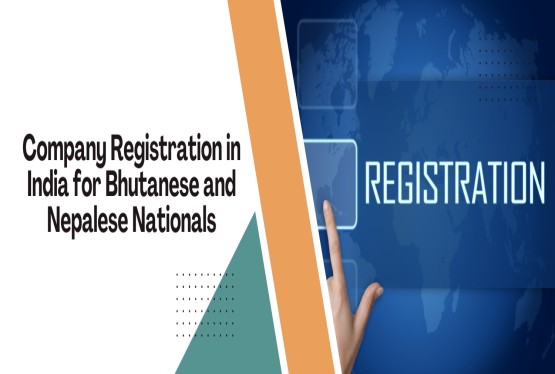
_learn_crop10_thumb.jpg)





